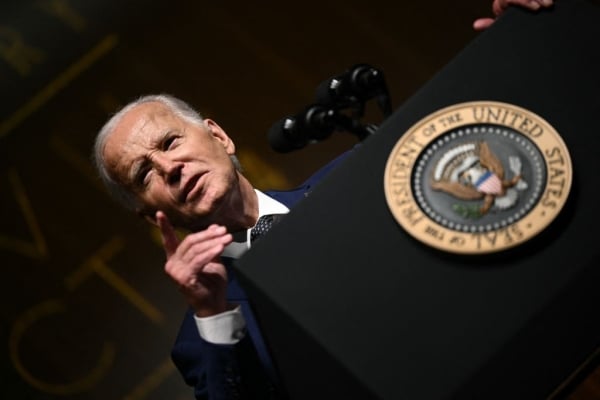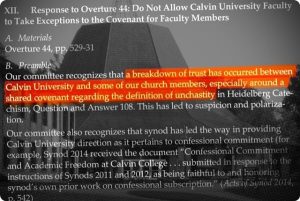Title IX of the Education Amendments of 1972 is a federal law that prohibits discrimination on the basis of sex in educational programs and activities that receive federal funding. Over the years, it has been a key tool in combating gender-based discrimination and ensuring equal access to education for all students. However, in recent years, Title IX has become a legal morass, particularly following President Joe Biden’s efforts to reform the law.
In March 2021, President Biden issued an executive order directing the Department of Education to review existing Title IX regulations and make changes to better address issues of sexual harassment and assault on college campuses. The Biden administration argued that these changes were necessary to protect the rights of survivors and ensure that schools were held accountable for addressing instances of sexual misconduct.
One of the key changes proposed by the Biden administration was the elimination of the “Title IX Final Rule” implemented by the Trump administration in 2020. This rule, which narrowed the definition of sexual harassment and afforded more due process protections to those accused of misconduct, was seen by many as undermining the rights of survivors and making it more difficult for them to seek justice.
However, Biden’s efforts to reform Title IX have sparked a legal battle, with several states and advocacy groups challenging the proposed changes in court. Critics of the Biden administration’s reforms argue that they go too far in eroding due process rights for the accused and could lead to a flood of frivolous or unfounded accusations.
The legal morass surrounding Title IX reform highlights the complexities of balancing the rights of survivors with the rights of the accused in cases of sexual harassment and assault. While it is essential to ensure that survivors have access to justice and support, it is equally important to protect the presumption of innocence and due process rights of the accused.
As the legal battle over Title IX reform continues to unfold, it is clear that finding a balance between these competing interests will be a challenging task. Ultimately, the goal should be to create a fair and equitable system that protects the rights of all students and ensures that instances of sexual misconduct are addressed effectively and fairly.



